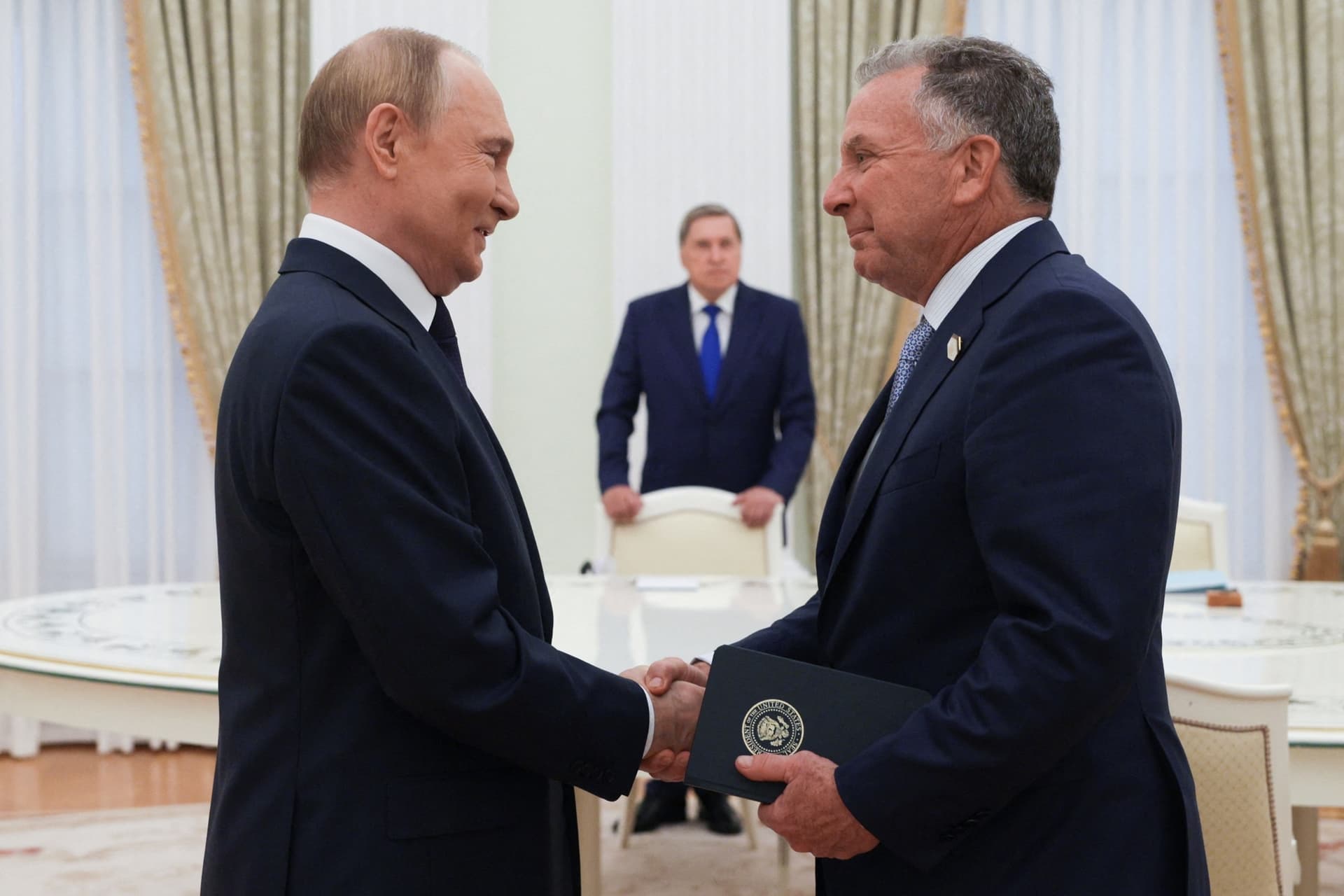Trump orders review to label regional Muslim Brotherhood chapters as terrorists
The White House announced that President Donald Trump signed an executive order initiating a review to determine whether specific regional chapters of the Muslim Brotherhood should be designated as Foreign Terrorist Organizations and Specially Designated Global Terrorists. The move could reshape U.S. counterterrorism policy, complicate ties with key Middle East partners, and raise urgent questions about humanitarian and legal consequences.

On November 24, 2025, the White House directed a formal interagency review to assess whether certain regional affiliates of the Muslim Brotherhood meet the legal criteria for designation as Foreign Terrorist Organizations and Specially Designated Global Terrorists. The executive order charged Secretary of State Marco Rubio and Treasury Secretary Scott Bessent, in consultation with the attorney general and the director of national intelligence, to examine chapters in countries including Lebanon, Egypt and Jordan and to submit findings. If the agencies conclude there is sufficient basis for designation, they are instructed to move forward within 45 days.
The order represents a significant escalation in a debate that has simmered for years within American politics and among U.S. partners in the Middle East. Republican lawmakers and some regional governments have long urged the United States to formally label the transnational Islamist movement, arguing that certain factions have been linked to violence and extremist activity. The White House fact sheet accompanying the order cited alleged ties between some Brotherhood elements and violent actions, framing the review as a response to those concerns.
The legal and practical consequences of any designations would be far reaching. A Foreign Terrorist Organization label would criminalize material support to the named groups and enable the government to freeze assets and restrict travel under U.S. counterterrorism statutes and Treasury sanctions authorities. A designation as Specially Designated Global Terrorists would expand financial penalties and could trigger secondary sanctions against foreign entities that maintain ties. Such measures would affect not only political actors but also social service networks and civic organizations that operate under Brotherhood umbrellas, complicating humanitarian assistance and community engagement.
Regional capitals reacted swiftly. Analysts cautioned that an American designation could strain diplomatic forums where Brotherhood-affiliated actors play roles in domestic politics and civil society. Governments that engage with Brotherhood-linked groups for stability, electoral inclusion, or mediation may face new constraints, while allies that already classify Brotherhood entities as extremist might see Washington align with their positions. At the same time, other states and rights groups are likely to warn against broad measures that could sweep up nonviolent political actors and undermine democratic space.
Beyond immediate diplomatic ramifications, the decision raises questions about consistency in U.S. counterterrorism policy and the application of international law. Determinations will depend on the intelligence and legal standards applied by the reviewing agencies, and they will encounter judicial and political scrutiny at home and abroad. The 45 day timetable for action, if grounds are found, signals the administration's intent to move quickly, but it also risks insufficient time to disentangle complex local structures from transnational networks.
The review also carries symbolic weight. For many in the Muslim world, the Brotherhood is multifaceted, encompassing political movements, social welfare organizations and ideological currents. Any American action that treats the Brotherhood monolithically could reverberate widely, affecting not only bilateral relations but also regional perceptions of U.S. commitment to pluralism and legal norms. As the interagency process unfolds, governments and analysts will closely watch whether Washington balances security concerns with the diplomatic and humanitarian costs of sweeping designations.


